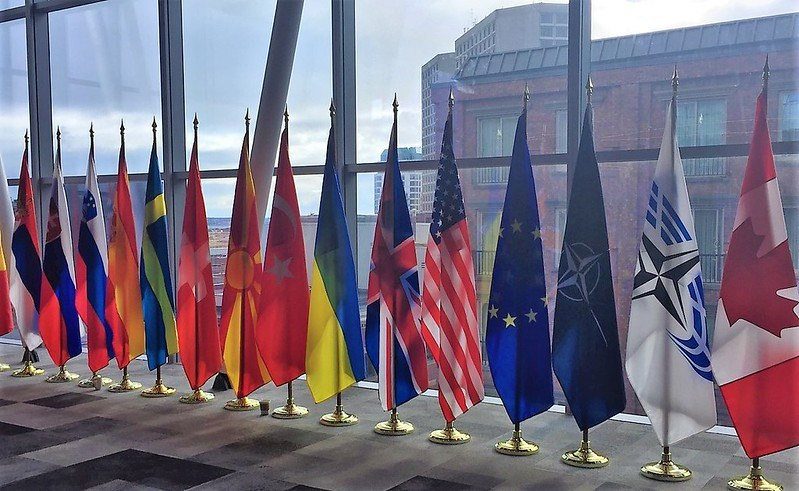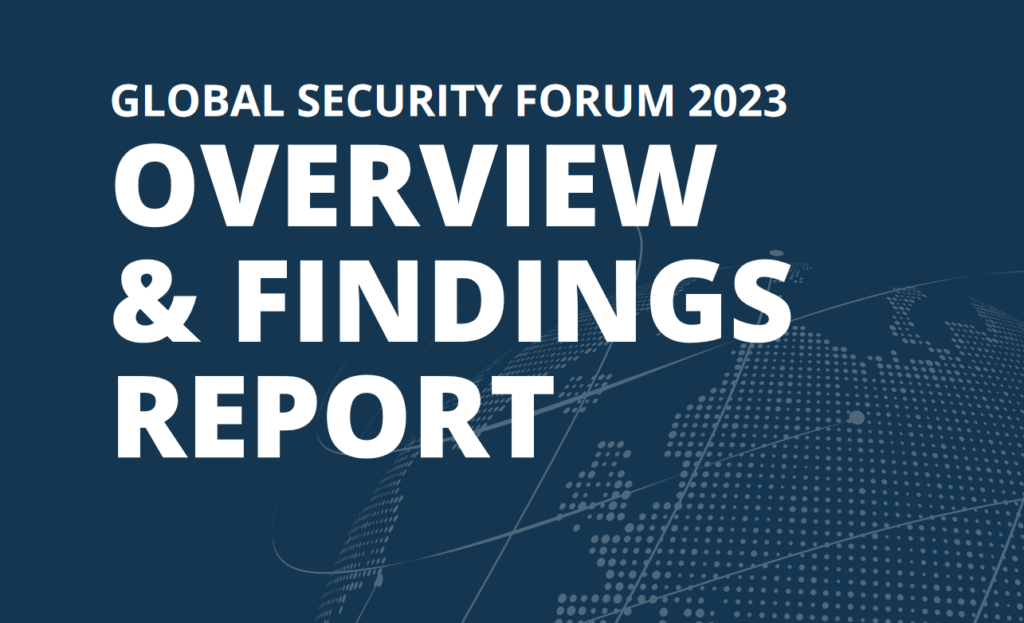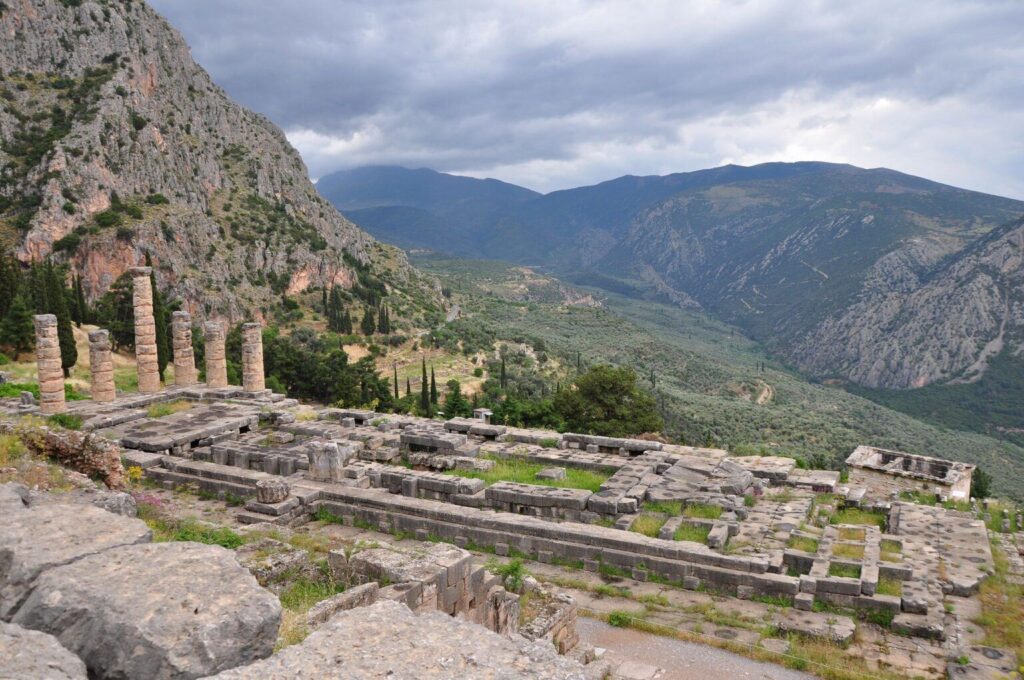Cantillon Effects: Why Inflation Helps Some and Hurts Others
We now turn our attention to what happens with an increase in the money supply, rather than an increase in savings. This is critically important. The mercantilist idea that increasing the money supply increases prosperity was exposed as an error centuries ago by Richard Cantillon.1 However, modern mainstream economists, including the monetarists, Keynesians of various sorts, and the now-fashionable market monetarists, fully embrace the idea that printing money is necessary for prosperity.







